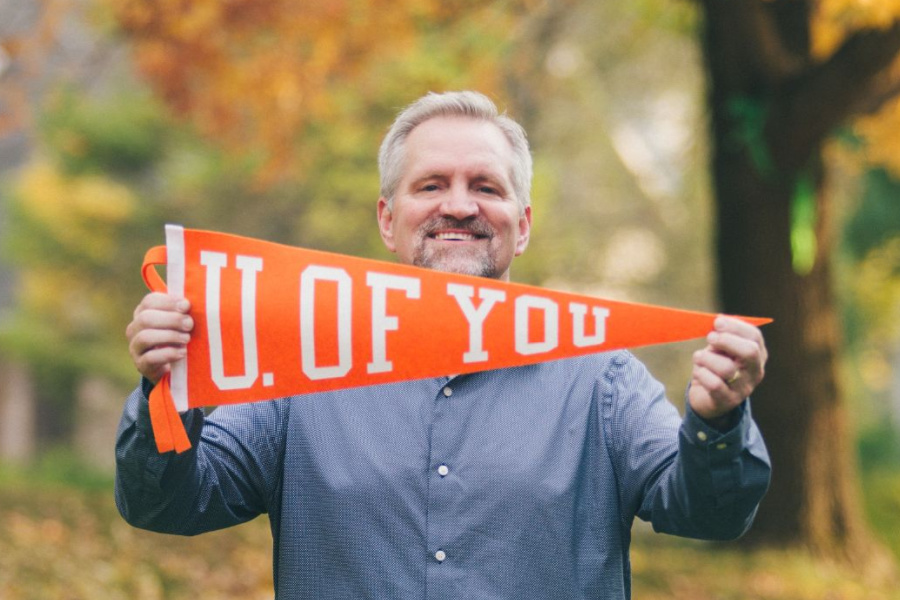 6 Great College Information Websites
6 Great College Information Websites
- http://www.petersons.com
- https://bigfuture.collegeboard.org
- http://nces.ed.gov/collegenavigator/
- http://nces.ed.gov
- http://www.collegedata.com
- http://www.ucan-network.org
Whenever I turn to a website such as these, I always take the results with a grain of salt and use them only as a starting point. If you find that College X has biochemical engineering, go directly to their website and do more digging to confirm the initial results, and then make contact with someone at the school who can tell you more and answer some questions.
Get Better College Information By Going Beyond Online Research
After you’ve done your research online, including spending significant amounts of time on the college websites for the schools that interest you most, you need to make contact with the schools that interest you. Yes, this means picking up that 50-pound phone and calling someone you don’t know who is probably older than 30 and asking good questions. This is the first step in an ongoing dialogue between you, the prospective student and family, and the college.
 Before you pick up the phone or fire off an email, consider these guidelines for effective college search dialogue.
Before you pick up the phone or fire off an email, consider these guidelines for effective college search dialogue.
- Find the right person to ask.
If you have questions about the college in general, ask admissions. If your questions are specifically about majors or programs, find a professor or administrative professional within the department, such as program coordinators. When applying to grad programs in the early 1990′s (read: largely pre-internet) I found myself communicating much more frequently and with greater success with administrative assistants than professors. They were easy to reach because they sit next to a phone, and they knew all the details about how to apply, deadlines, requirements, etc. - Don’t ask for answers that are readily available on the website.
If what you’re looking for doesn’t jump out at you, ask another family member to search for it, or use the search box that is usually in the upper right-hand corner of each page. It’s a sign of laziness to ask, “How many students do you have at your college?” It also sends the message that you can’t find answers on your own. If you legitimately can’t find basic data, then by all means ask. - Keep your queries brief and professional.
Whether you’re 17 or 47, a well-written email with a succinct introductory sentence and closing statement works best. A variation on the email template here always works well.
Hello [salutation if available]
My name is _____ and I’m a sophomore/junior at [high school] in [town and state]. I’m very interested in [name of college] and specifically in your [major or department]. I have three questions I’d like to ask:- How many of the students in your [academic program] enter the workforce immediately vs. going on to graduate school?
- What sets [college]’s [major] apart?
- What new classes or facilities could I expect to see if I enroll?
Thank you for your time and attention to these questions. Sincerely,
You may not get an immediate response, but you will get a response. If you don’t try someone else, or call to see if that person is traveling or on leave from the university.
4. Treat this as the first step in a larger conversation.
My rule of thumb is to never ask more than three questions in a single email. Don’t deluge the person with so many questions that she can’t respond in a timely manner. When you receive a response, it’s likely to include a “please let me know if you have more questions”, and while you don’t want to take advantage of that person’s time, you should take her at her word. Thank her for her time and send a follow-up question if you have one.



 6 Great College Information Websites
6 Great College Information Websites Before you pick up the phone or fire off an email, consider these guidelines for effective college search dialogue.
Before you pick up the phone or fire off an email, consider these guidelines for effective college search dialogue.
Recent Comments